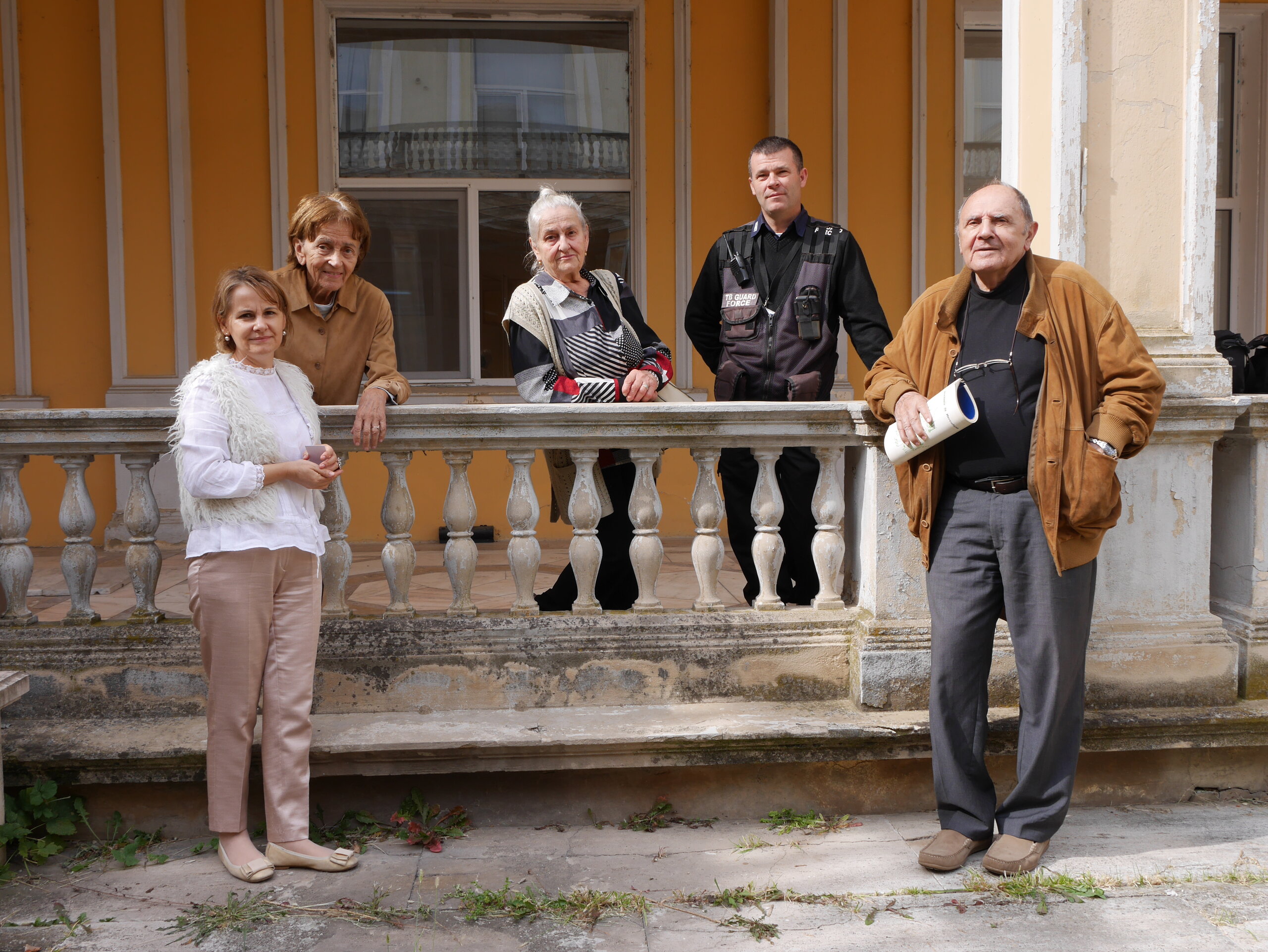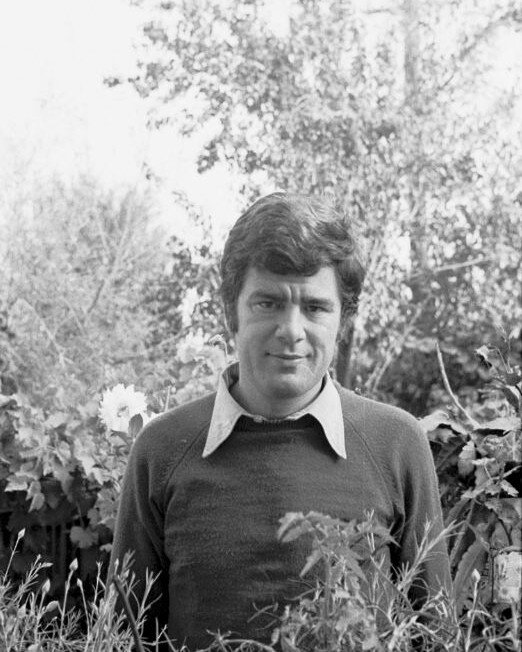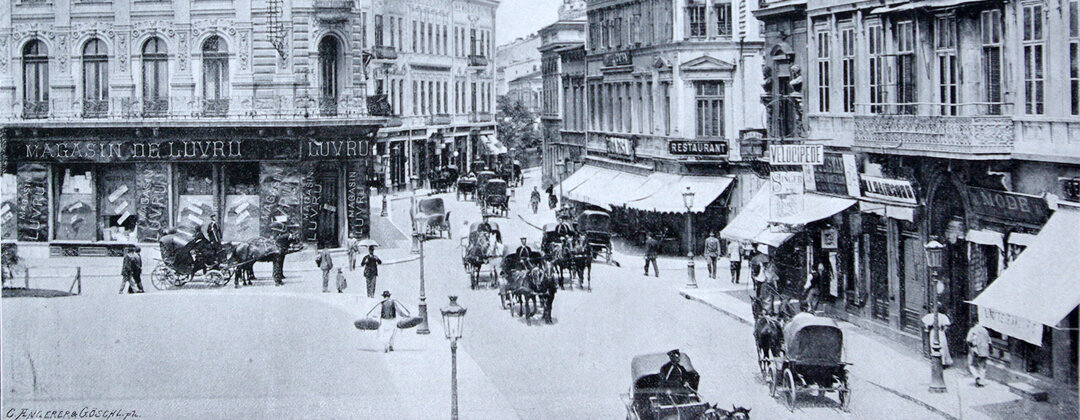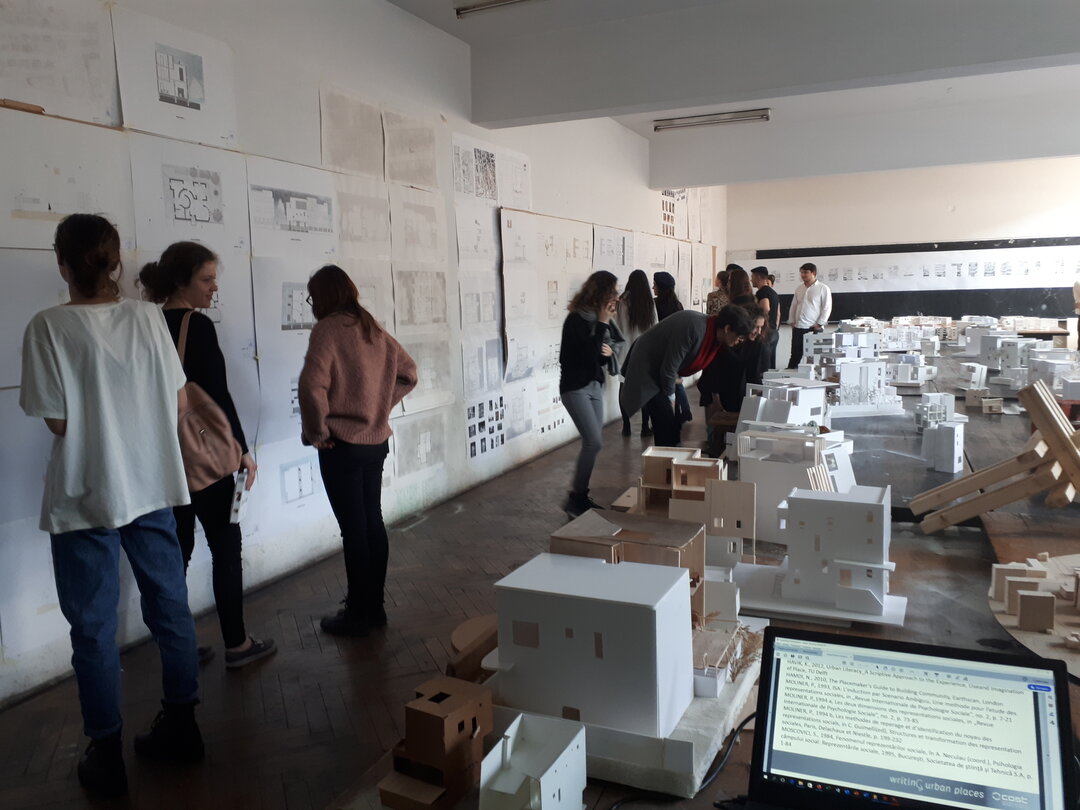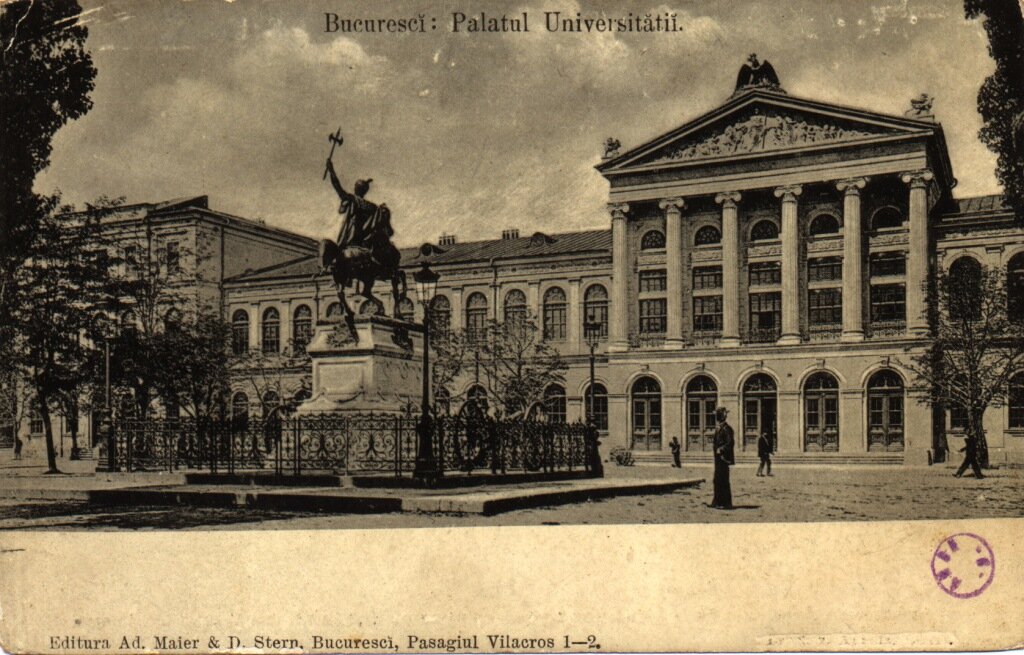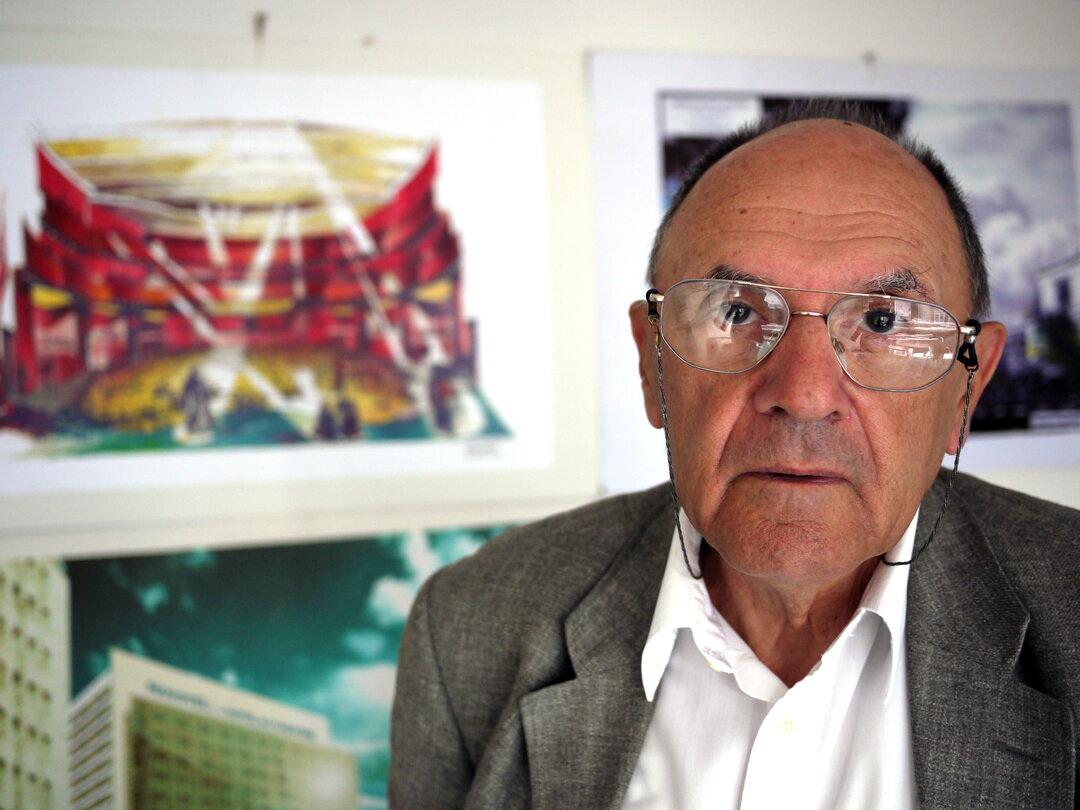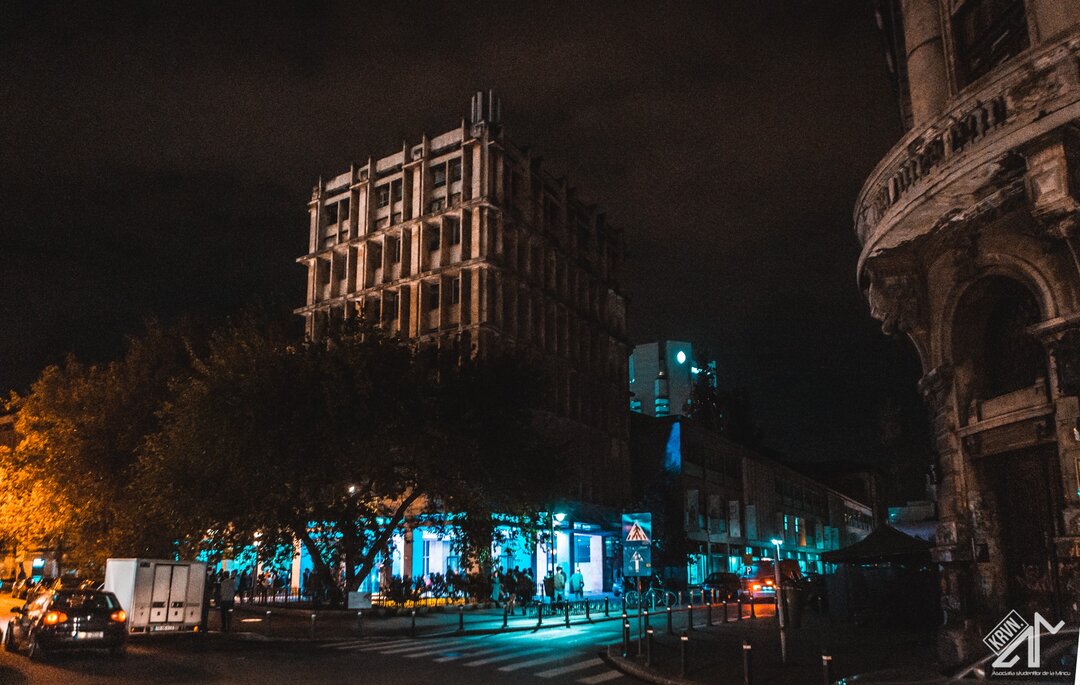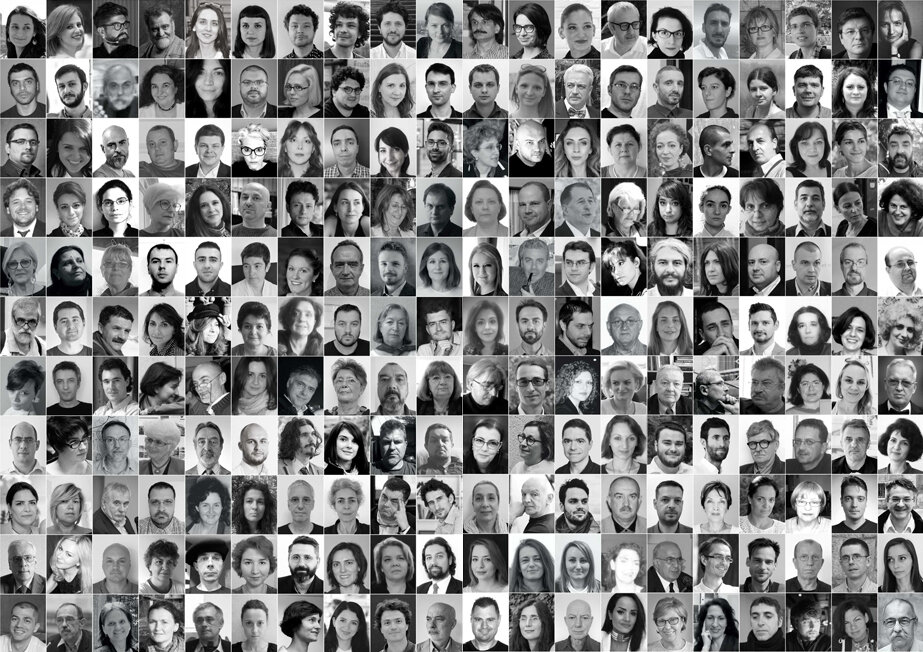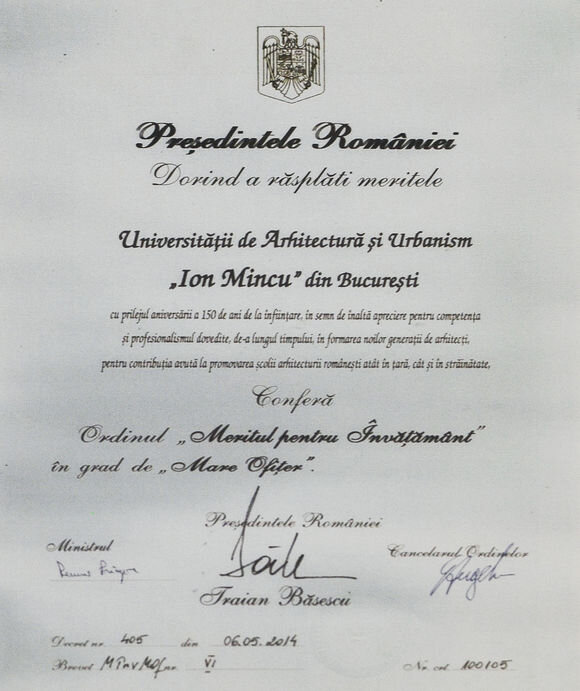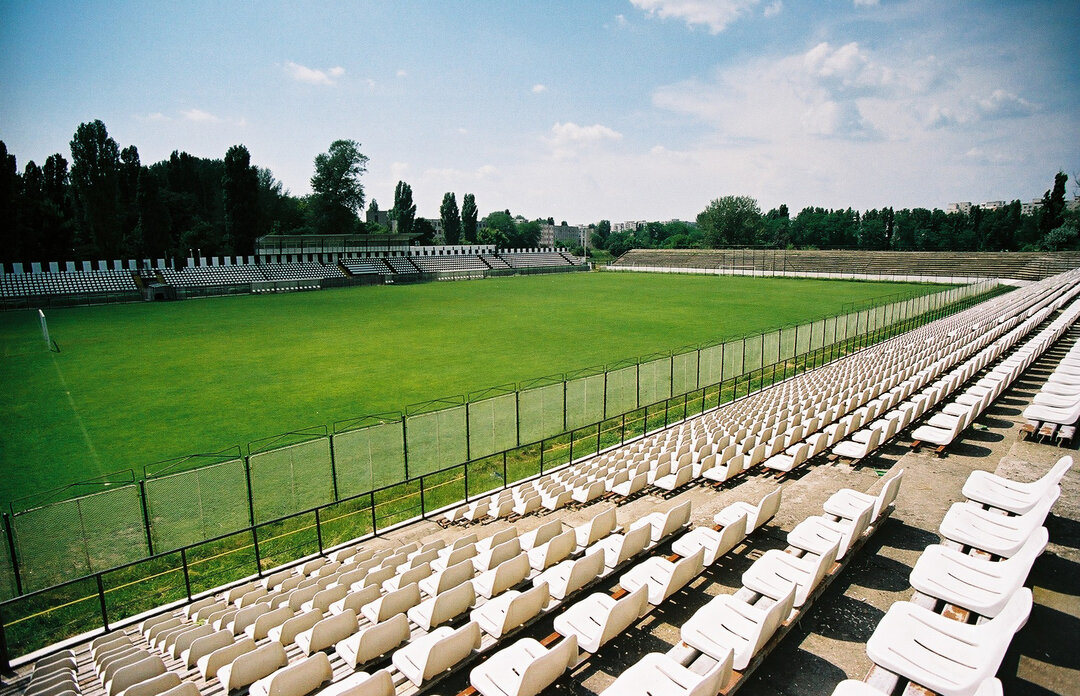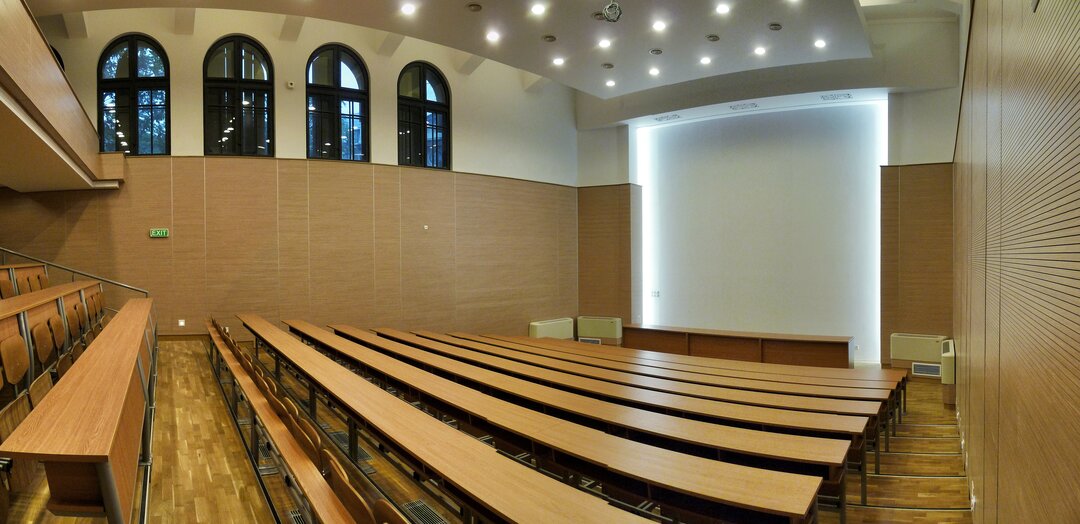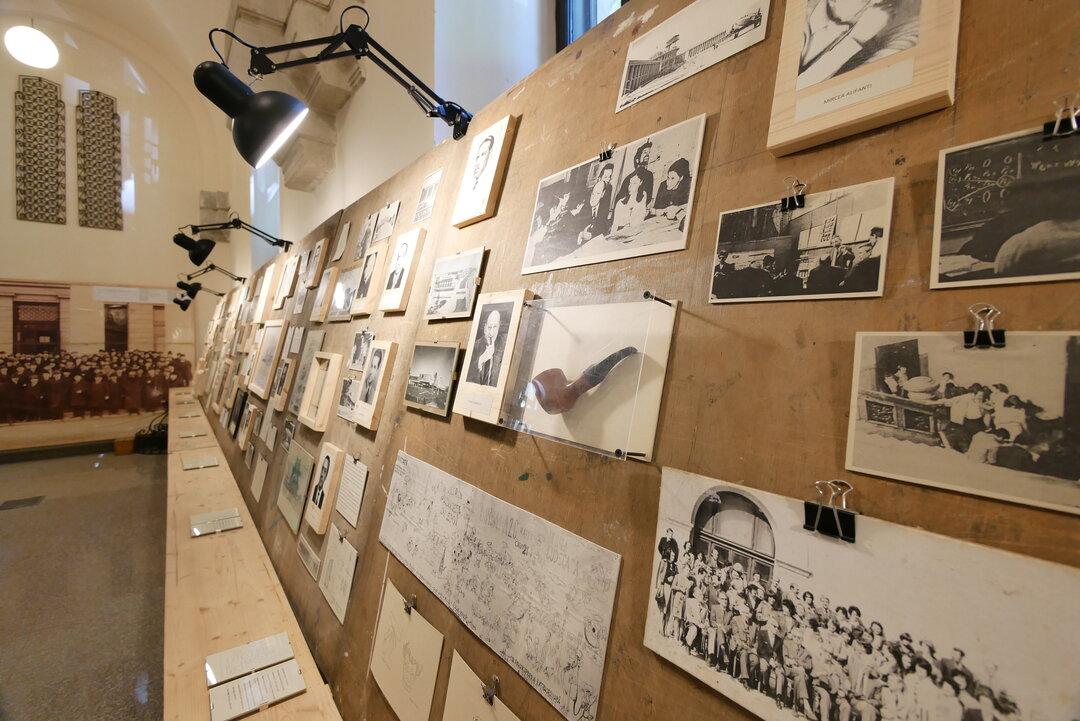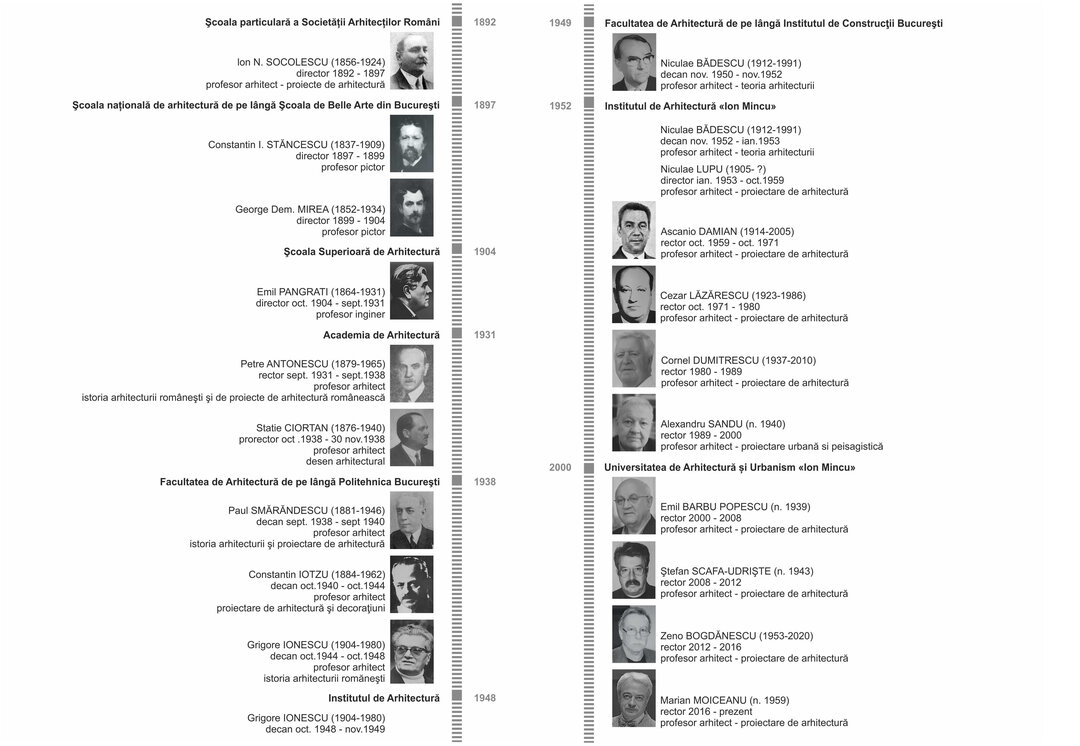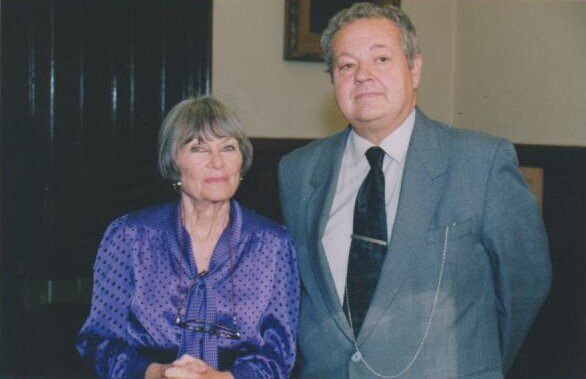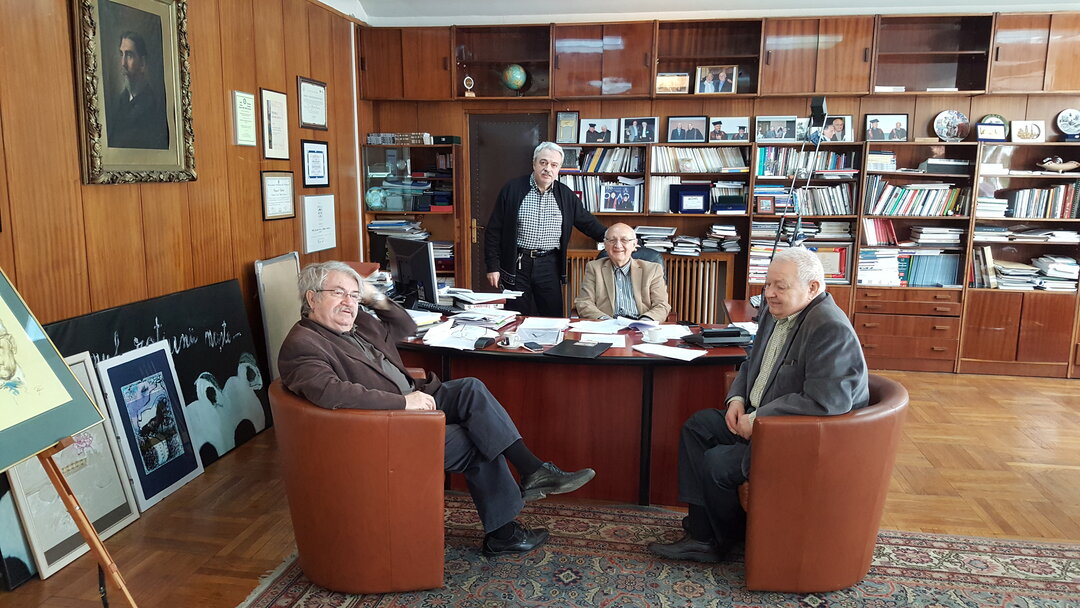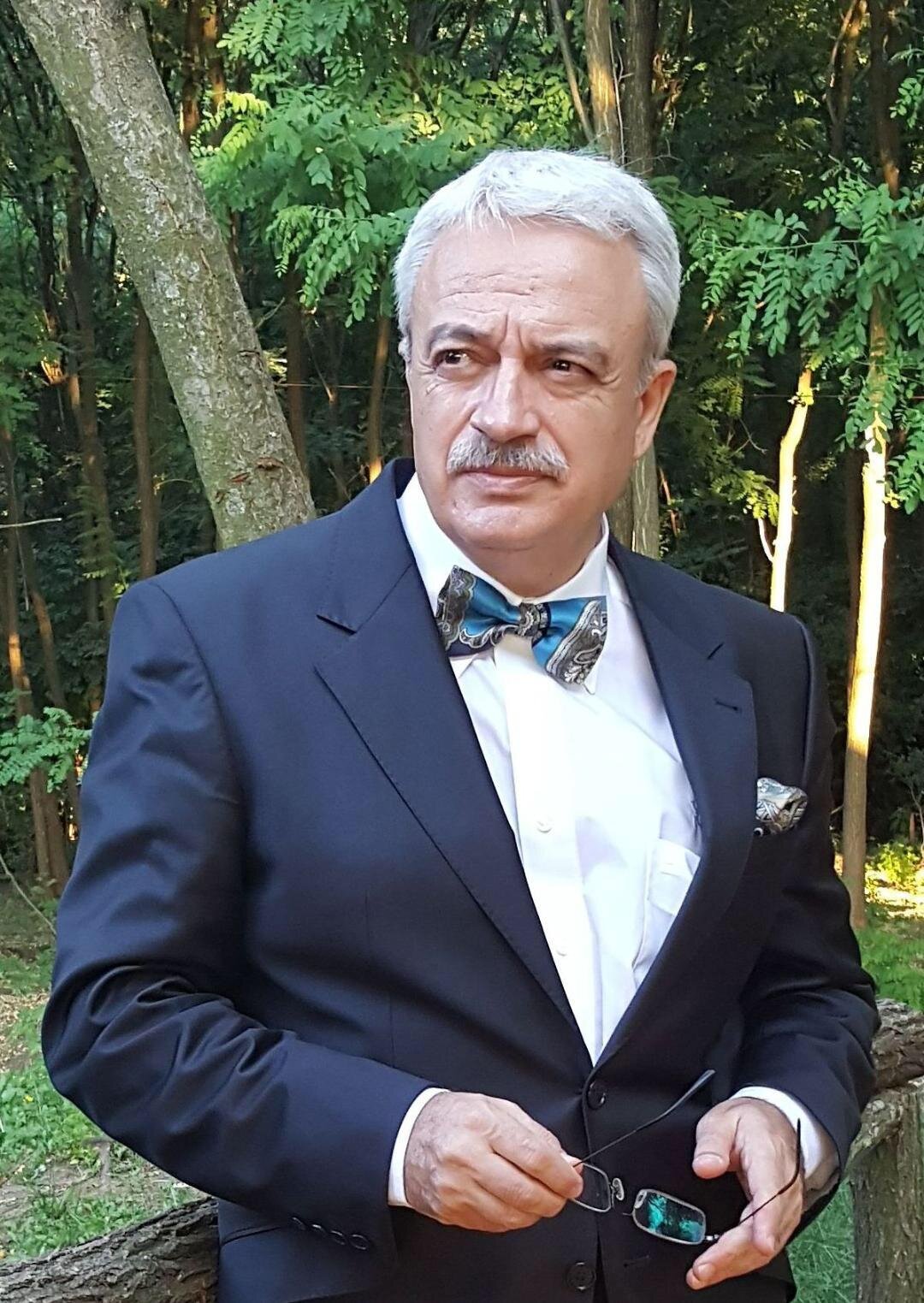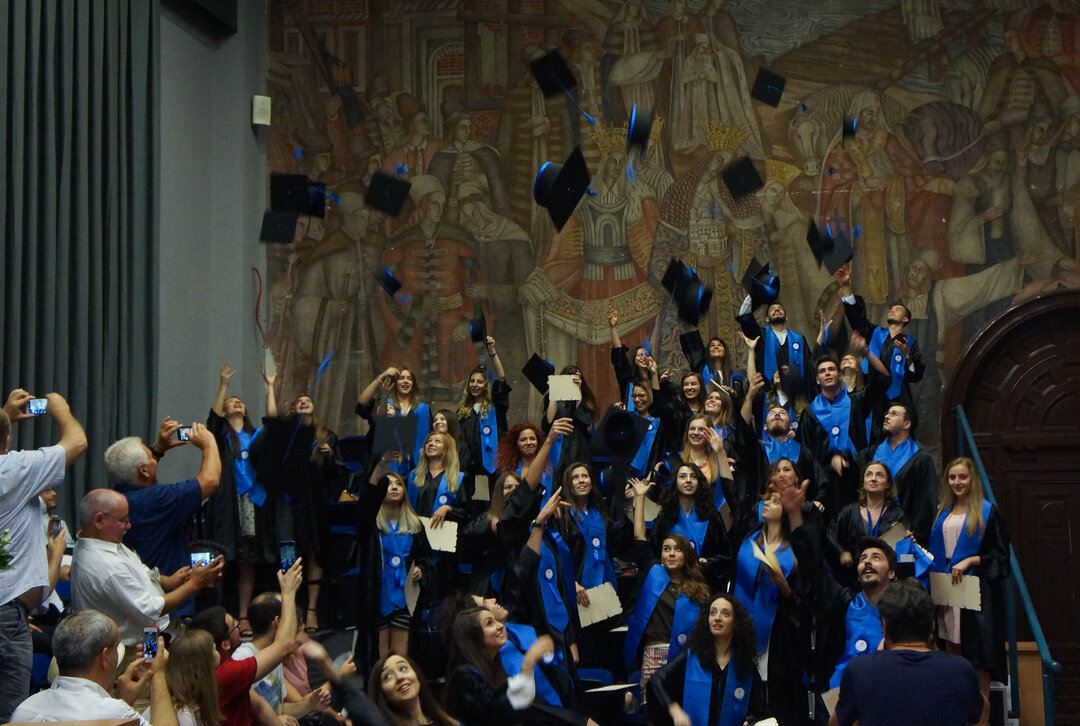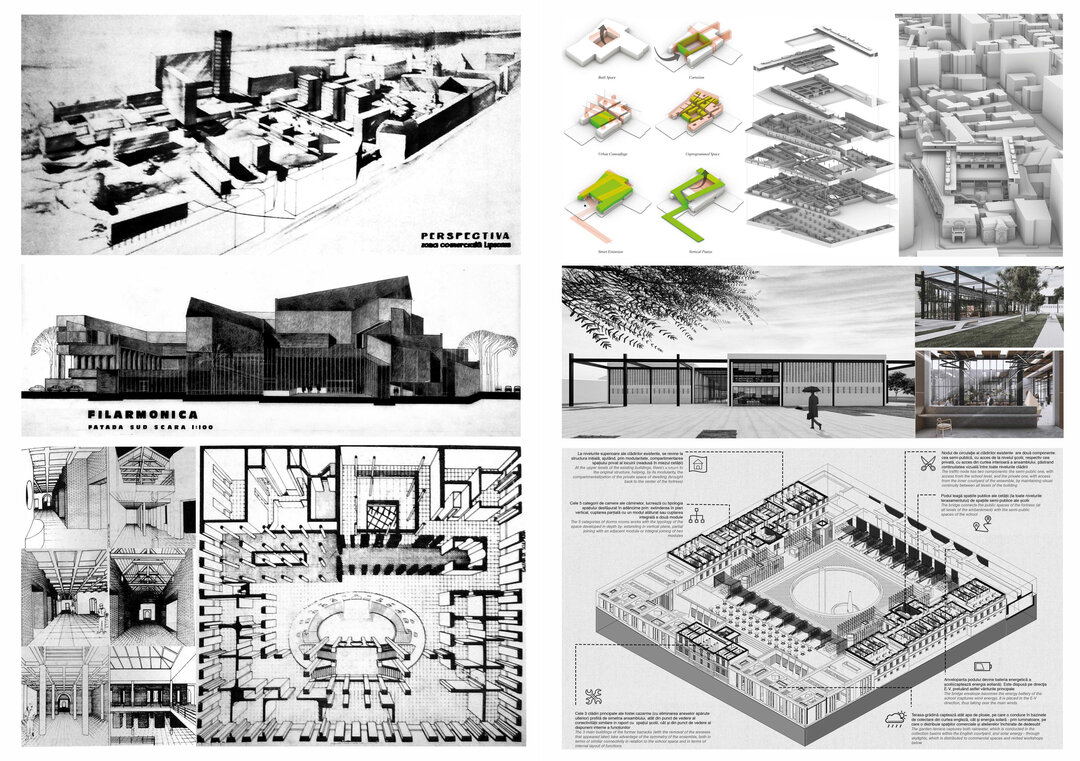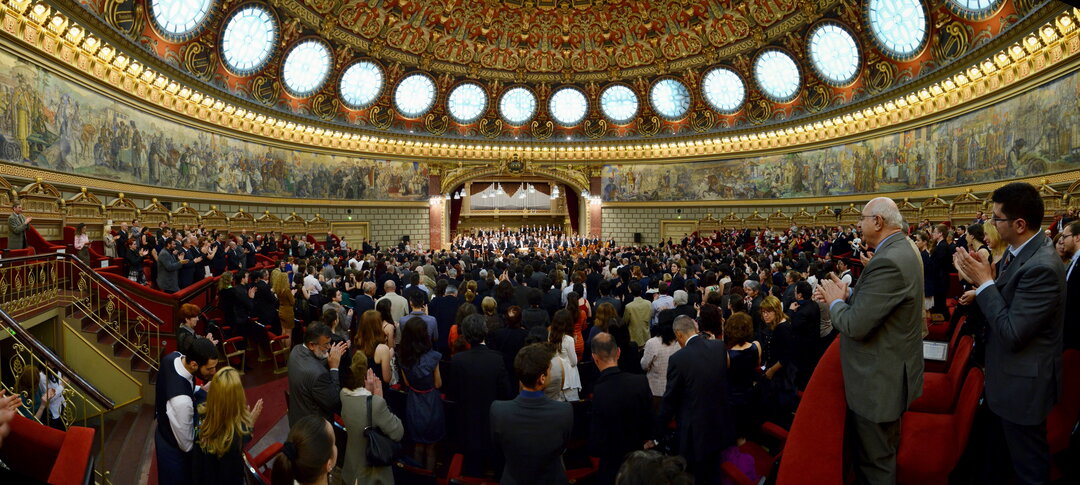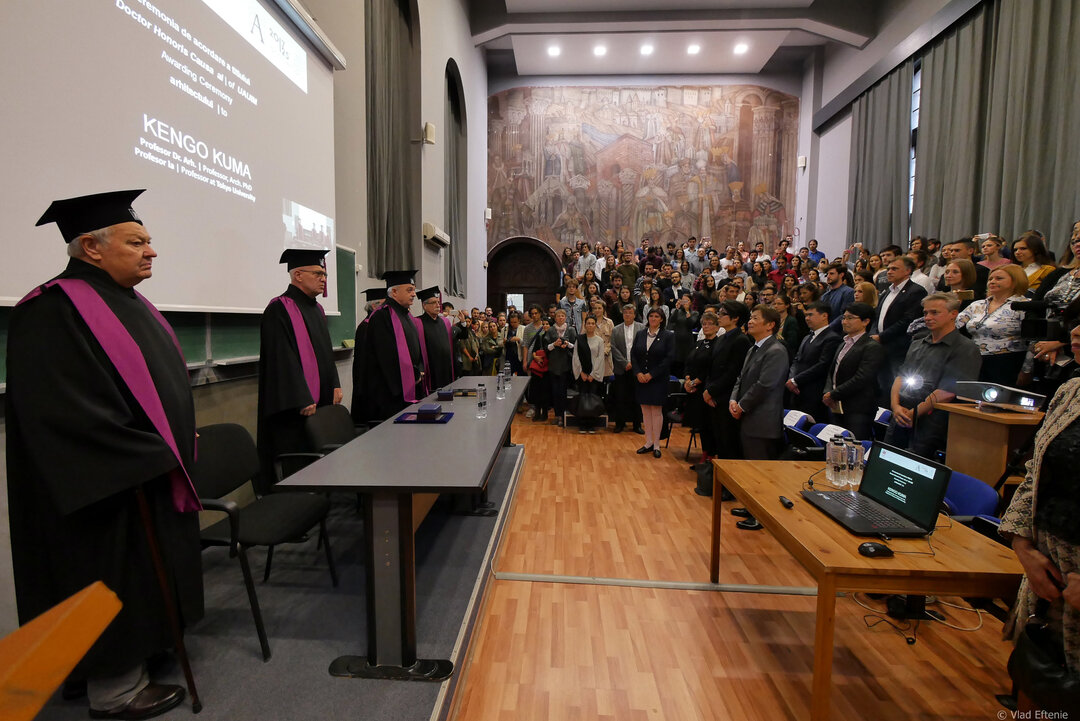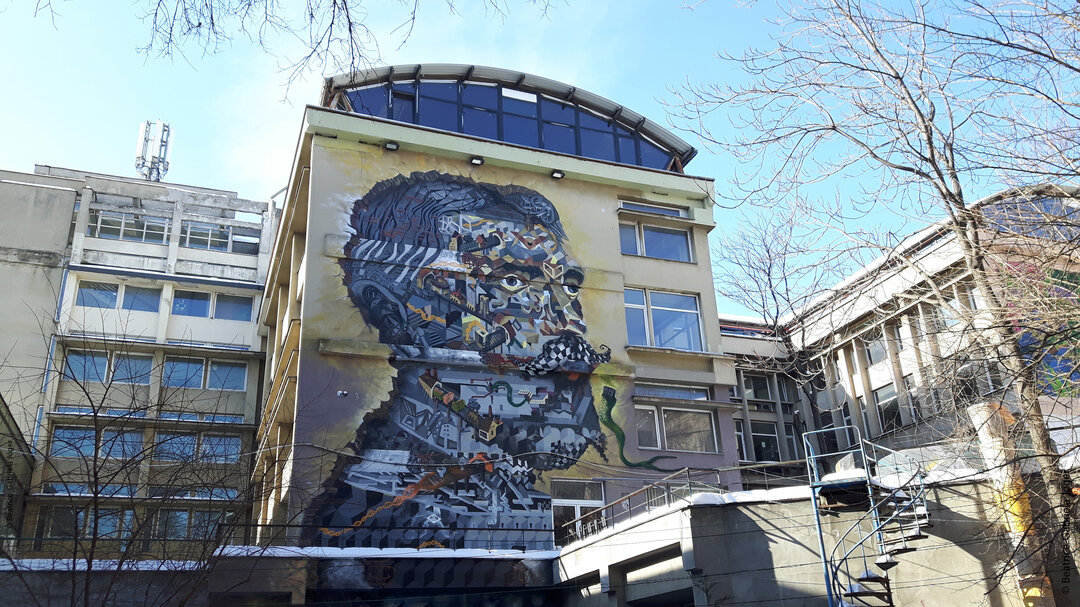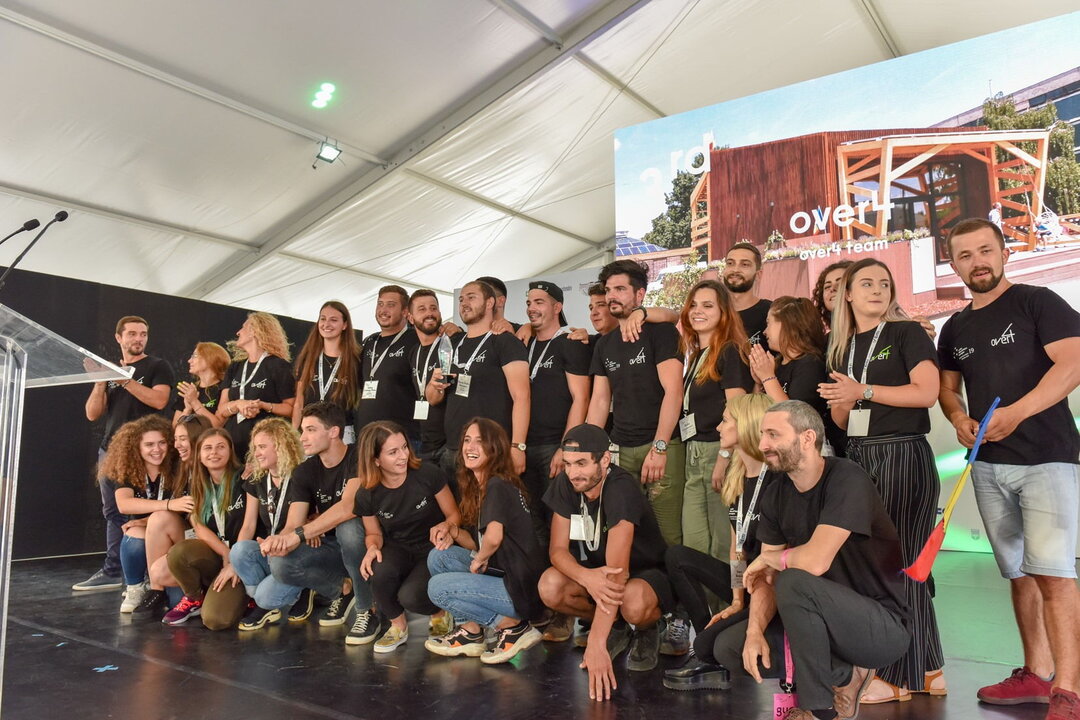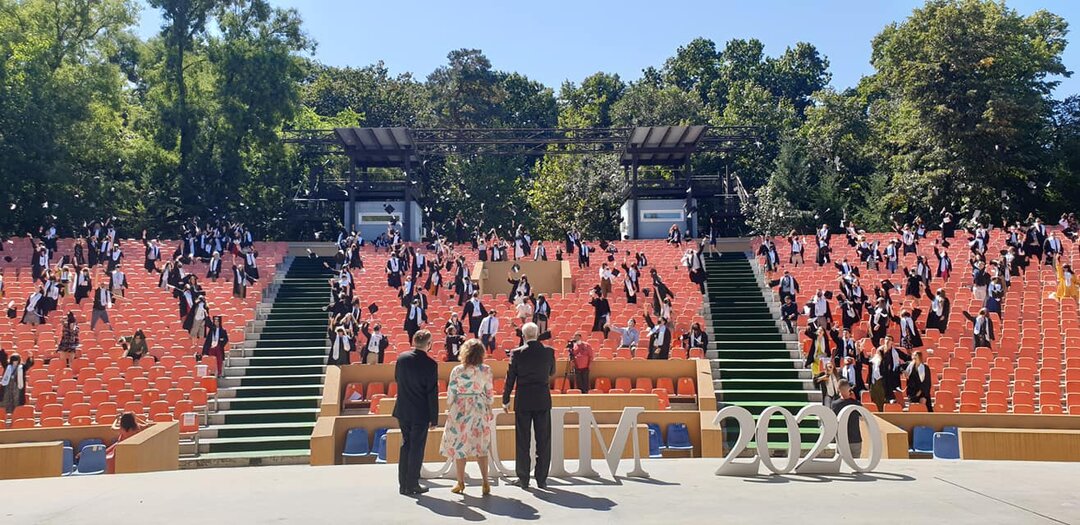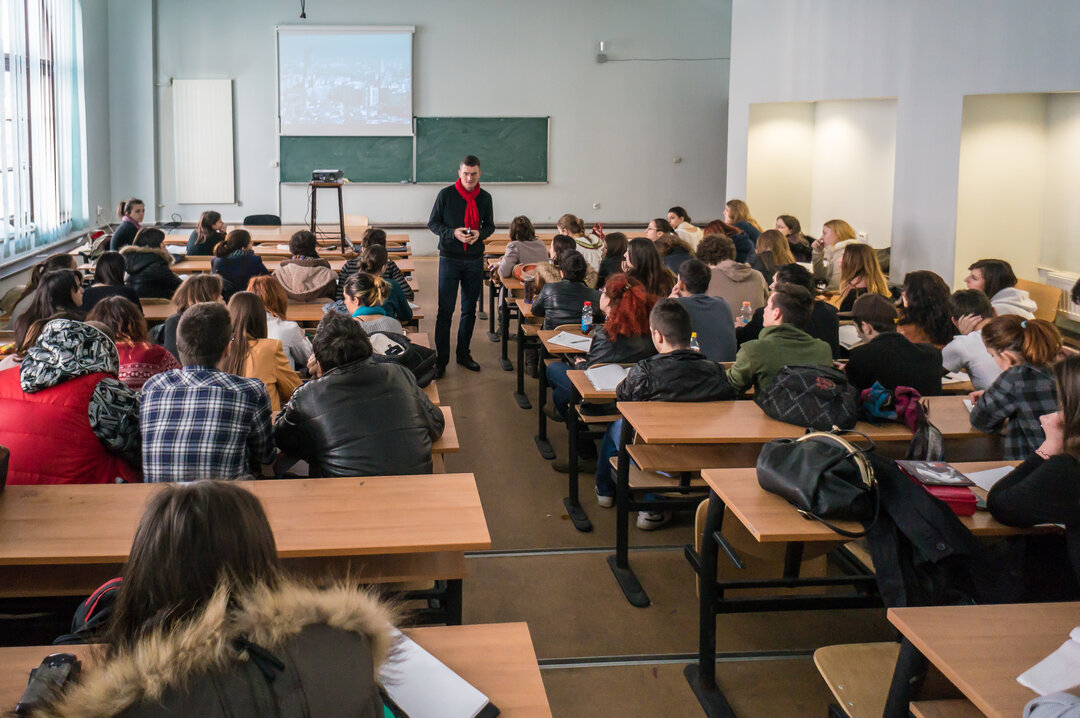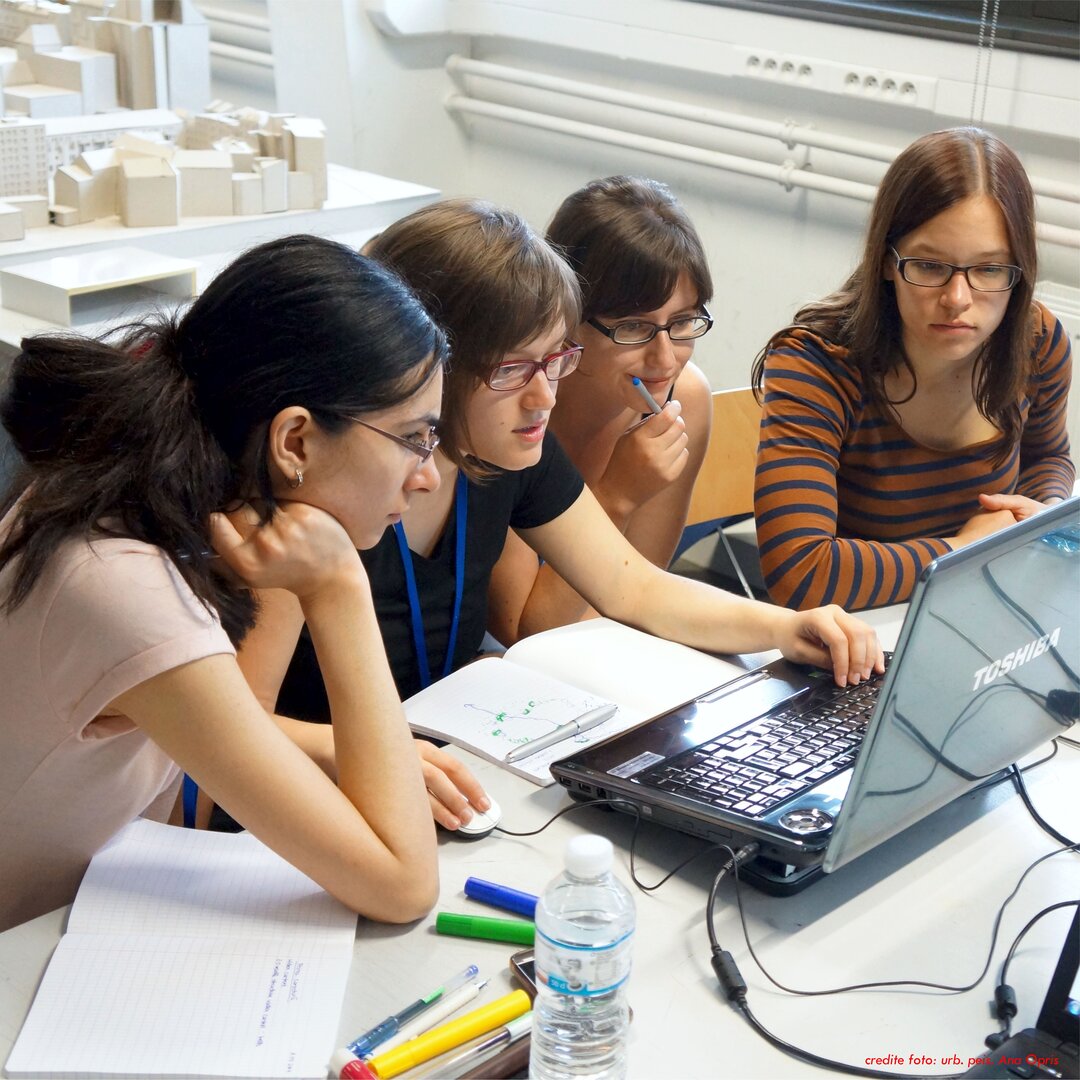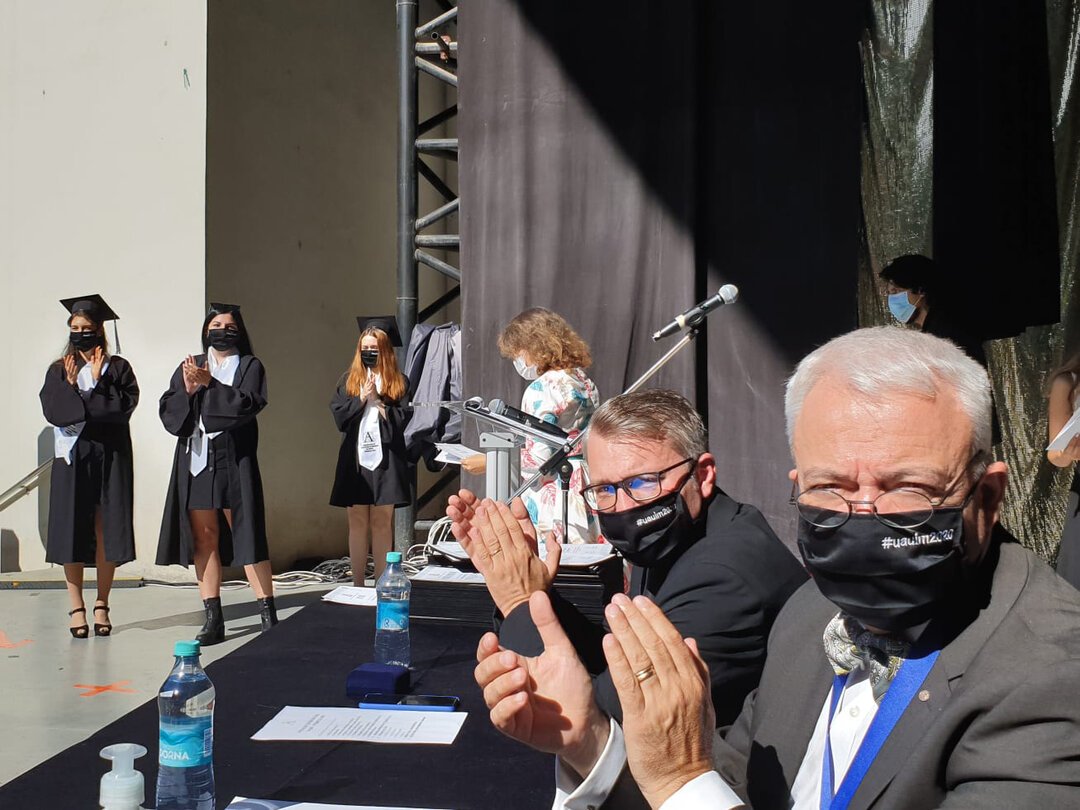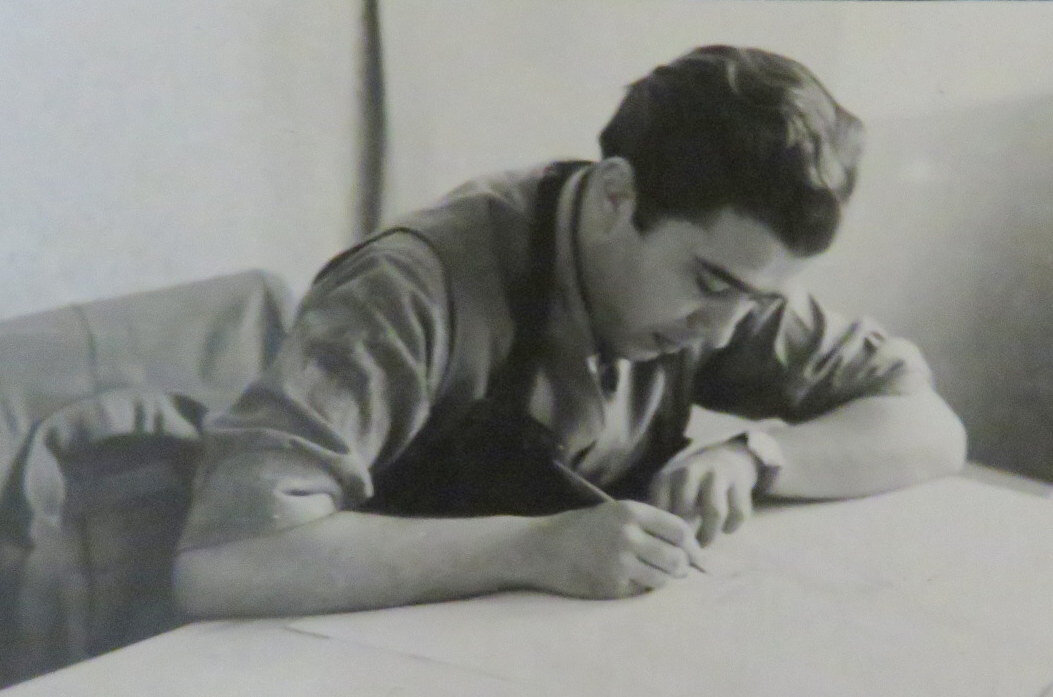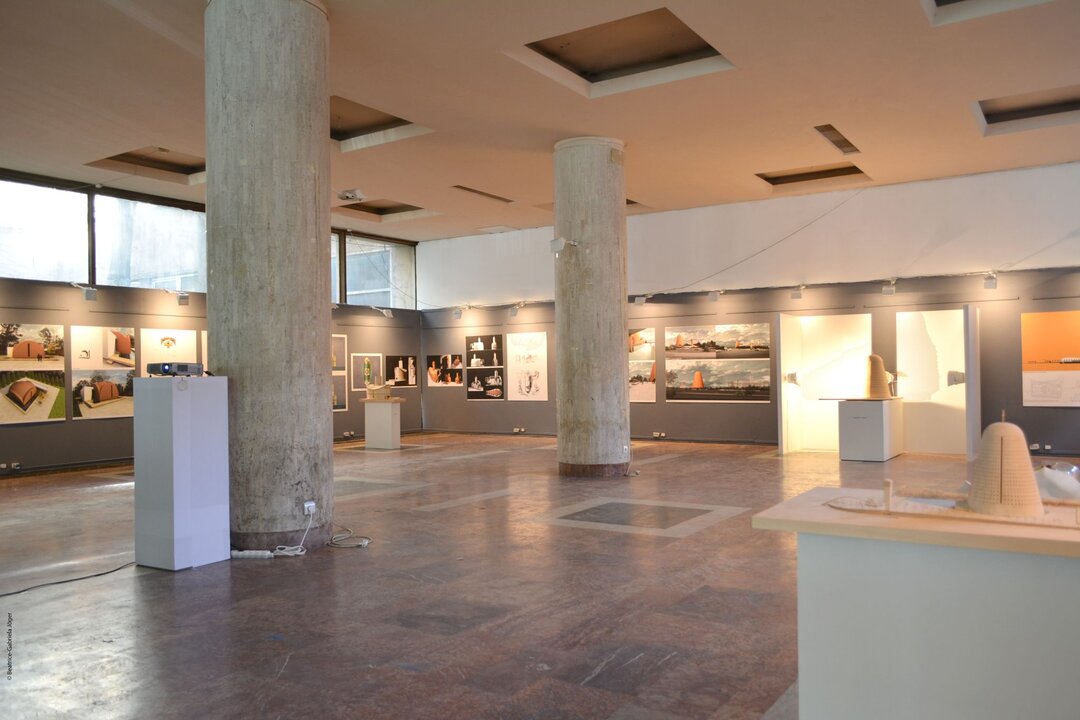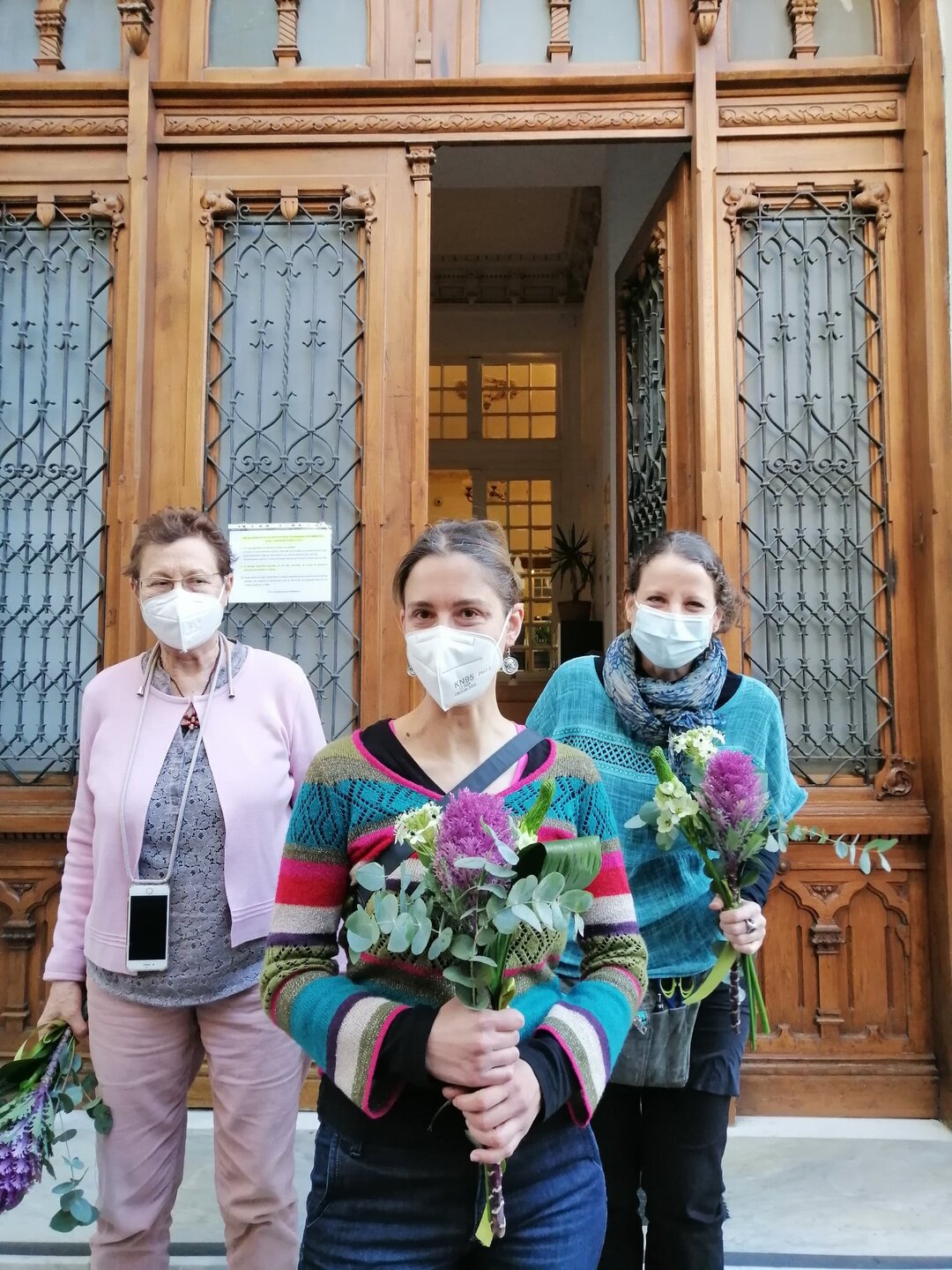
Looking for the essence, not to hit the jackpot - prof. dr. dr. arh. Romeo Belea
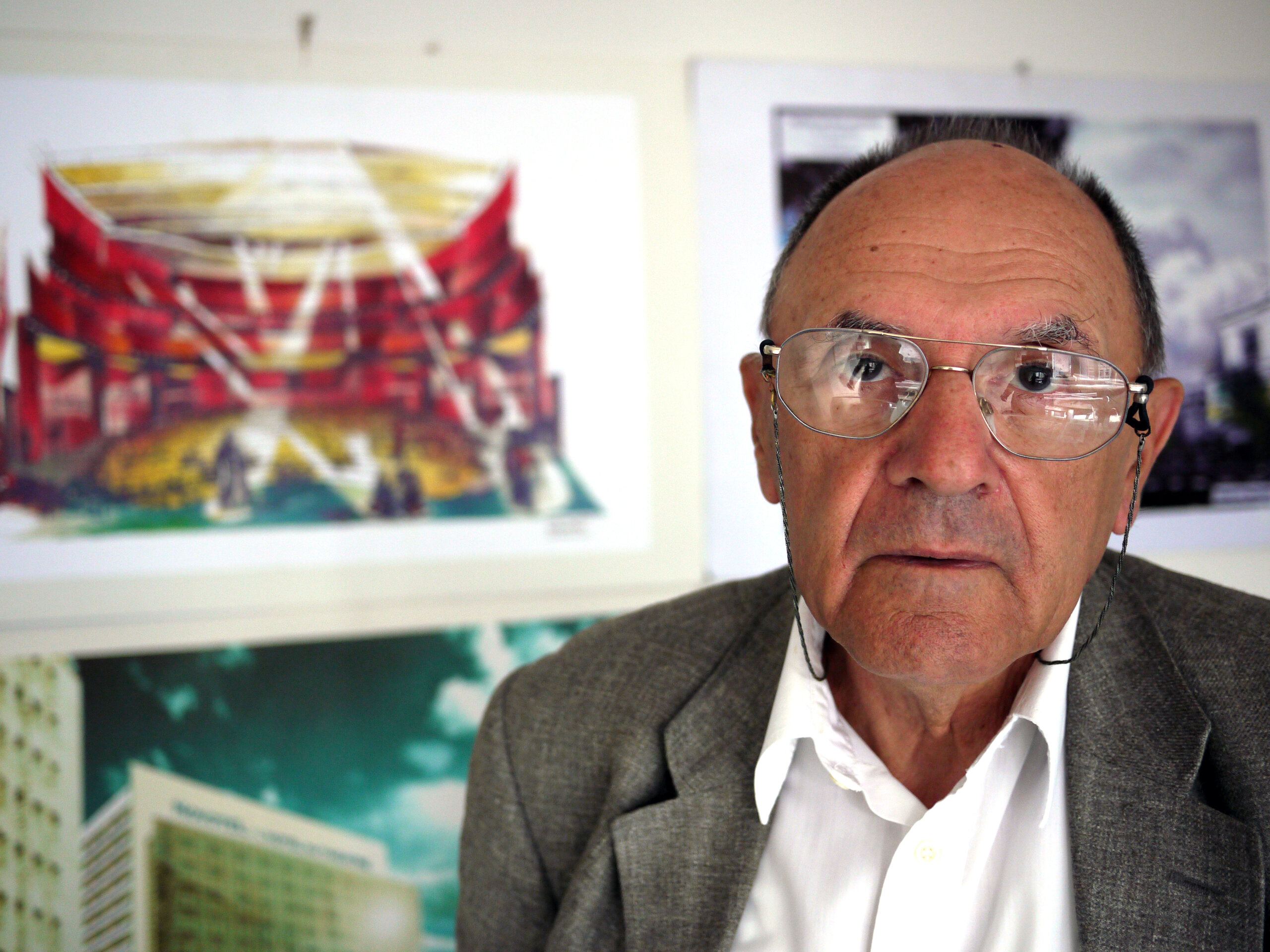
The chance to be a student in the 50s
Lorin Niculae: Professor, thank you very much for giving us this interview. Could you mention one or more professors of the "Ion Mincu" Institute of Architecture (the University's title at that time) who passed on their love for architecture to you?
Romeo Belea: Many . I had the chance to catch a generation of absolutely formidable teachers: Duiliu Marcu, Octav Doicescu, Tiberiu Ricci, Niga, Nedelescu, Piky Pătrașcu, Grigore Ionescu, Mac Constantinescu (sculptor). I put Mac Constantinescu in the world of architects because he collaborated a lot with them. One of Ricci's assistants, where I was in the last years, was Toto Slavici. He would come to the studio in the afternoon, and we knew that in the morning he was designing the Municipal Hospital.
My second chance was to be a student between 1951 and 1958. You realize what society was like in those days, and for us school was a refuge, a fortress. We'd get in at 8:00 in the morning, and at 12:00 at night, the laborers would kick us out. If it hadn't been for our parents, who told us what it was like outside school, we'd almost never have known. That's where we did sports, that's where everything happened. I don't want to be hypocritical to say that we worked our asses off in every class, but we were a family. No students from other faculties were allowed to come to the Saturday frat parties, that's why, in my generation, we are all married to architects.
It was an extraordinarily well-formed and well-formulated school, even with its hints of classicism. But the accent of classicism in the first year (which was all about the classical orders) I never knew if it didn't order our thinking. There you learned the first notions of composition, you didn't wait for Piky Pătrașcu to teach his formidable course. There you learned that everything has to have a rule and that you have to think the rule. That's why I stuck with it.
Then, 2-3 years after graduation, when Benedek accepted me into the faculty, I became an assistant, then a lecturer. I kept going up like this and experienced the quality of the first generation change. Gabi (Cristea), me, Dinu (Gheorghiu), Puiu (Săvescu), we were all entering the faculty around that time. I was once again in contact with Grigore Ionescu, with (Octav) Doicescu, with Picky (Gheorghe) Pătrașcu, as a colleague.
As assistant to the head of works, I was present at the judgments, which were formidable. They were absolutely extraordinary lessons in theory. I owe everything to this extraordinary opportunity to have gone through a full period in an absolutely extraordinary environment. I also speak for my colleagues... And that's what I got. Of course, at that time, there was an awful lot of work and you got one job after another. When I was 30, they gave me a complex project manager at the theater (National) and that drove me out of my mind, because I liked theater in college, but it's one thing to like it and another to know something about it.
